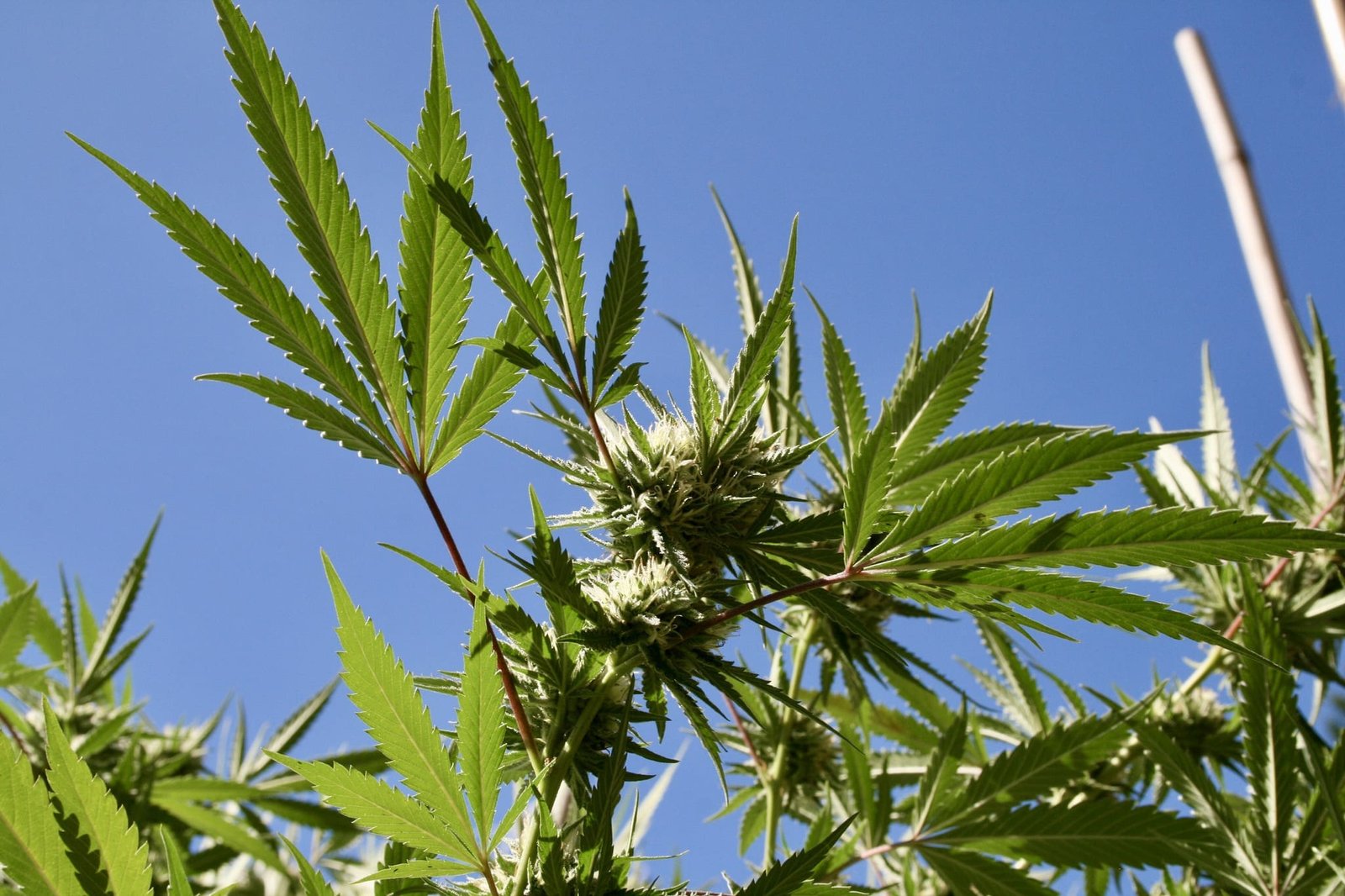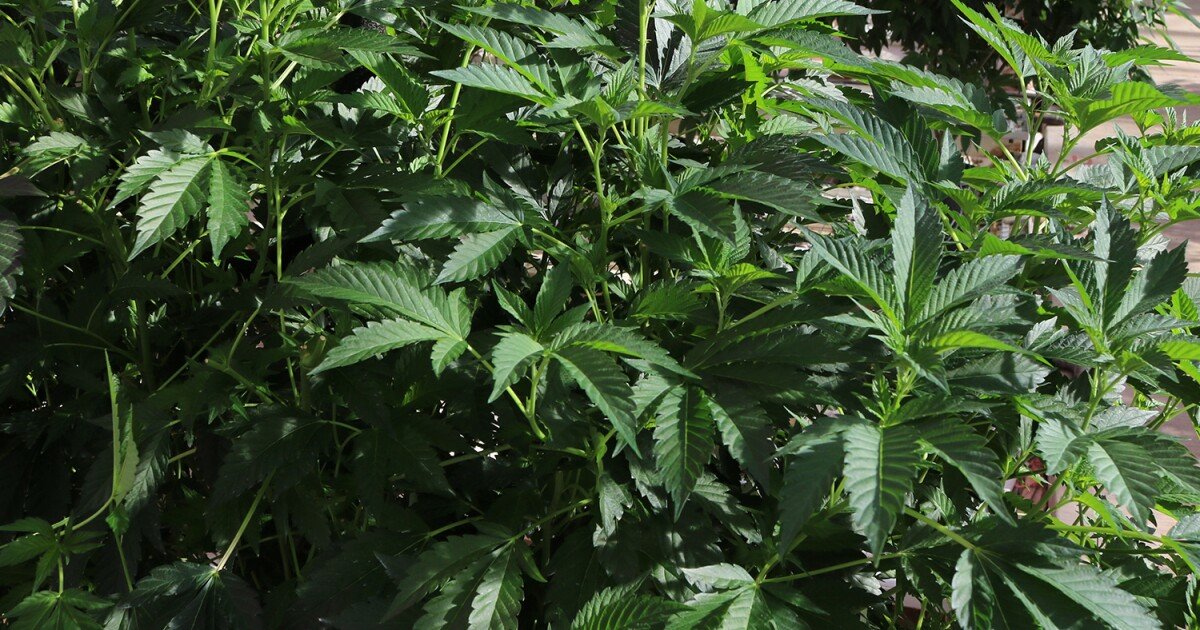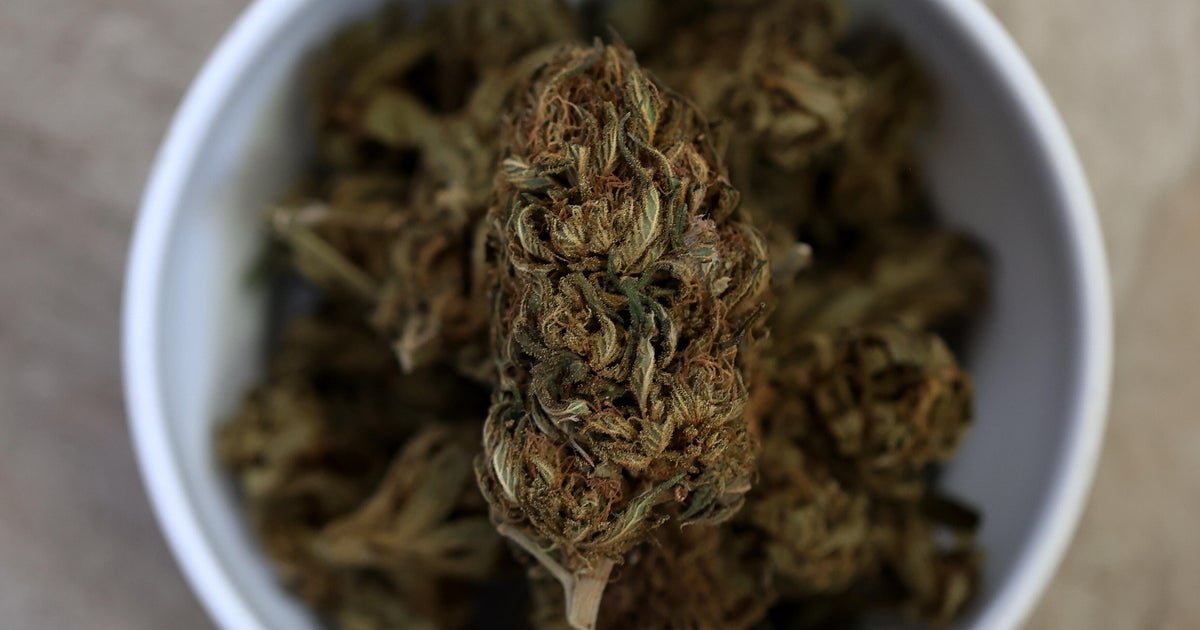Minnesota has taken a significant step in establishing its recreational cannabis market by issuing its first business license. The Office of Cannabis Management (OCM) announced on Wednesday that the inaugural license has been granted to Herb Quest, LLC, a cultivation microbusiness. Eric Taubel, interim director of the OCM, highlighted the importance of this development, stating, “Issuing the first business license is a major milestone for the office.” With this license, Herb Quest can now begin cultivating cannabis plants.
As the first licensed cultivator prepares to start operations, over 600 businesses are nearing the completion of their applications and awaiting approvals from local governments. This indicates a promising start to Minnesota’s adult-use cannabis market.
In addition to the first business license, the OCM is rolling out new opportunities for entrepreneurs in the cannabis sector. A new licensing window for cannabis testing facilities will open on August 1, allowing applicants to submit their applications. To expedite the process, lawmakers have made policy adjustments that enable the issuance of testing facility licenses even while applicants wait for accreditation from the International Standards Organization (ISO). According to Max Zappia, OCM’s chief regulatory officer, this change aims to support the establishment of testing facilities that ensure product safety and reliability in the market.
Furthermore, the OCM will begin accepting applications for marijuana event licenses on the same date. These cannabis events will cater to individuals aged 21 and over, allowing the sale and consumption of adult-use cannabis products, as well as lower-potency hemp edibles. Notably, these event organizer licenses are temporary, requiring new applications for each event.
In a related development, Minnesota’s governor, Tim Walz, recently signed a bill that decriminalizes bong water containing trace amounts of drugs, addressing an issue where law enforcement previously treated large quantities of bong water as equivalent to the drugs consumed.
Moreover, a Native American tribe, the White Earth Nation, has opened the first legal recreational cannabis store outside of a reservation in Moorhead. This store is part of an agreement allowing the tribe to operate up to eight retail cannabis shops across Minnesota. Following this launch, another store is set to open next month in St. Cloud.
While the adult-use cannabis market is gaining traction, more than a dozen cities and counties in Minnesota are also exploring the option to establish their own government-run cannabis stores. At least 13 municipalities have applied for licenses to operate these stores. For instance, the city of Anoka has initiated construction on a $2.7 million facility, but is still awaiting final approval from the OCM. Other cities, including St. Joseph and Osseo, are also preparing to break ground on their dispensaries once licenses are secured.
Minnesota law permits local governments to limit the number of cannabis retailers in their areas but mandates that at least one store be available for every 12,500 residents. In a separate legal matter, a state appeals court is expected to determine whether state officials can prosecute tribal members for cannabis-related offenses occurring on tribal land.
In addition to cannabis initiatives, Minnesota officials are working on other drug reform measures, including the establishment of safe drug consumption sites. However, the rollout of these sites has been delayed, as state officials emphasize the need for further preparatory work at both the state and federal levels.
Additionally, in March, Minnesota lawmakers introduced legislation to create a legal access framework for psilocybin for medical purposes, along with another bill to permit personal use and possession of psilocybin by adults. This reflects the evolving landscape of drug policy within the state as it continues to adapt to changing societal attitudes toward cannabis and other substances.




